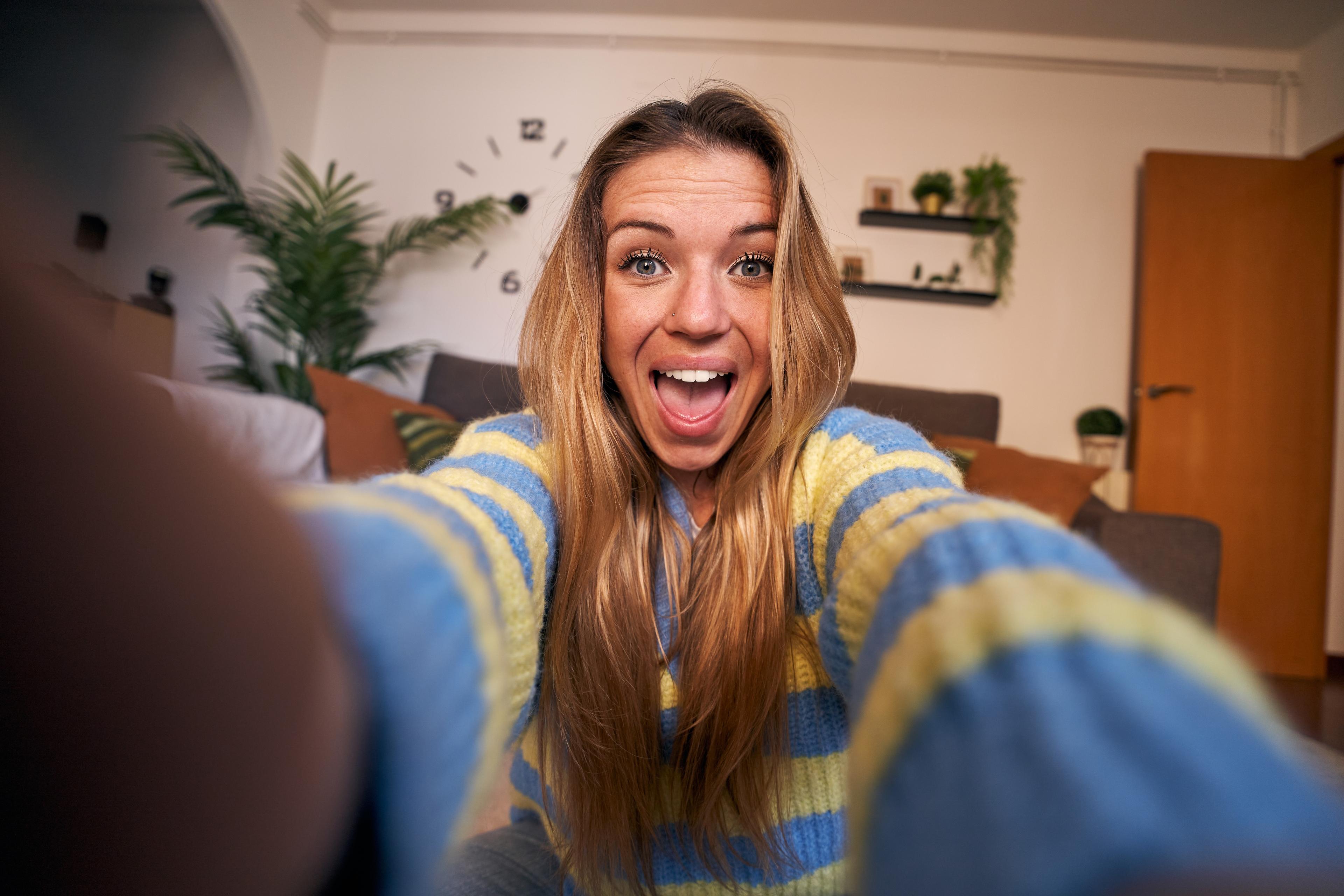
Dancing in public is deeply vulnerable. Emma does it anyway
A film by Kelly O’Brien and Emma O’Brien

A film by Kelly O’Brien and Emma O’Brien

Learning sign language made my face more expressive – and changed how I interact with people in general
by Hannah Seo
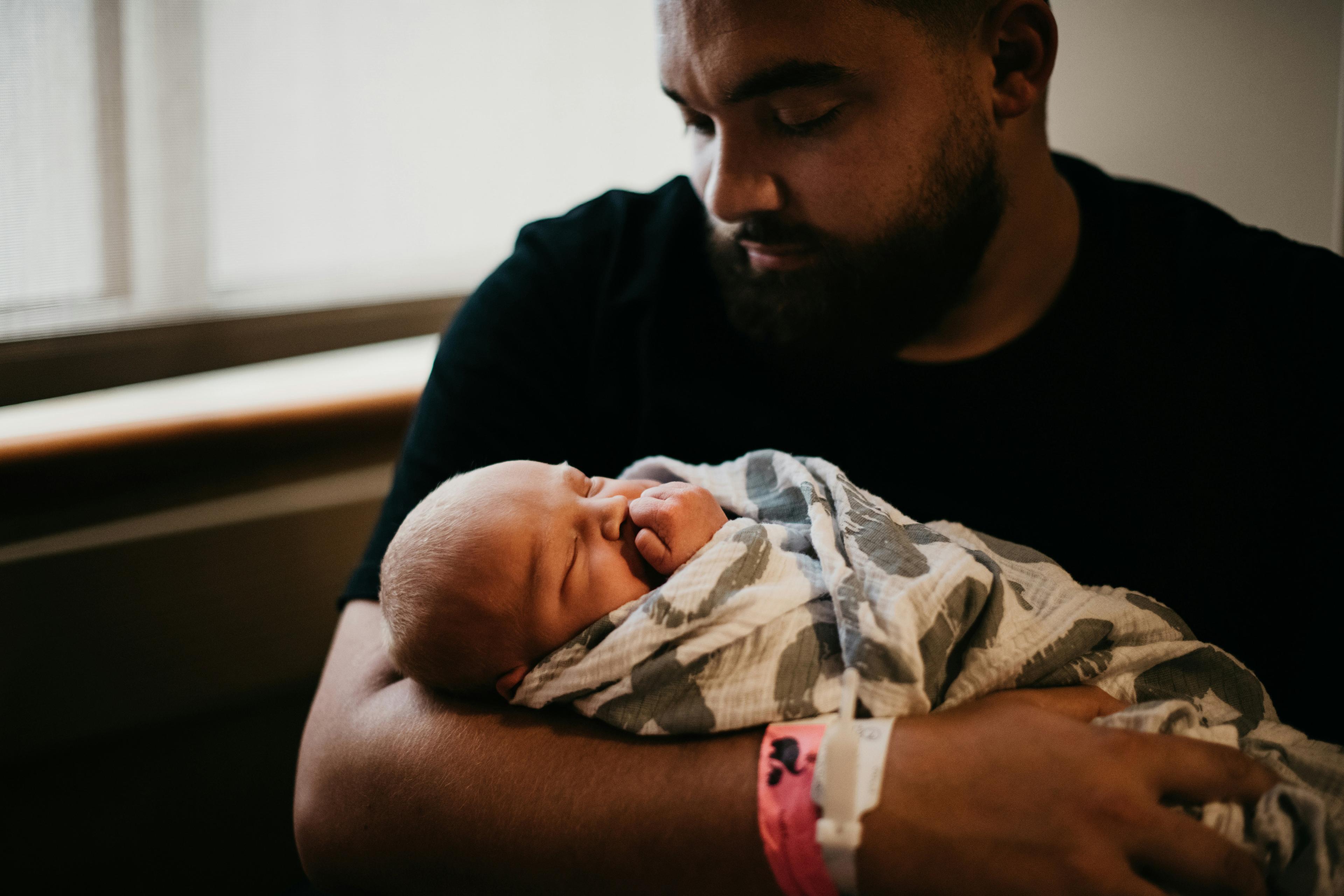
I wasn’t quite sure what this moving, warm-and-fuzzy feeling was, until research put a name to it: ‘kama muta’
by Hannah Seo
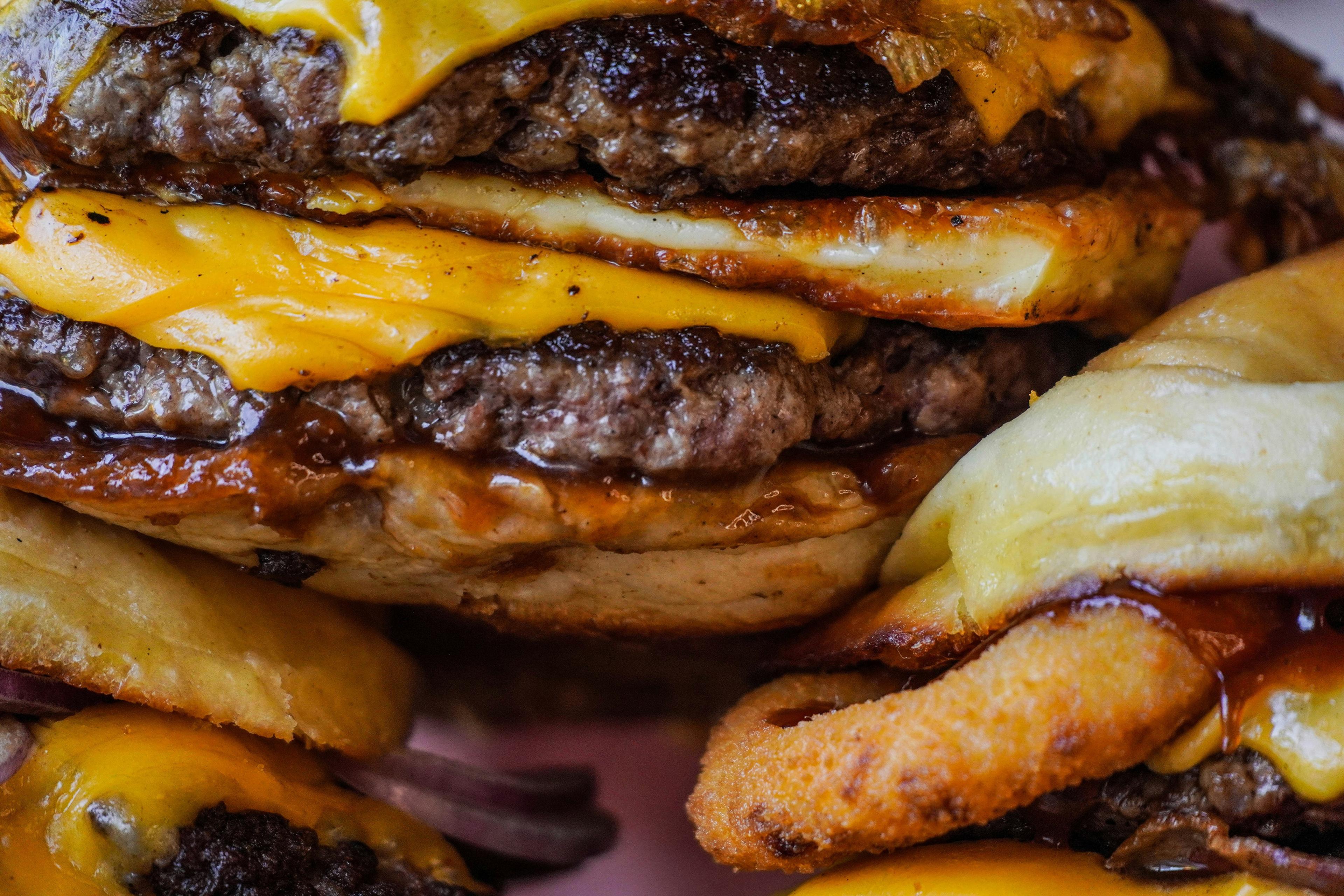
Psychologists are discovering what’s going on when you do something you enjoy, but also feel weird or embarrassed about
by LaCount ‘JJ’ Togans

Directed by Chu-Chieh Lee

What contagious crying, comforting hugs and other cute behaviour in infants tells us about the roots of emotional connection
by Zanna Clay & Carlo Vreden

We think of tears as an overflow of emotion, but an evolutionary lens shows they’re a rational form of social signalling
by Daniel Sznycer & Debra Lieberman


For a nation, humiliation isn’t just a feeling – it’s a story. Understanding this can help countries move beyond aggression
by Raamy Majeed

Sudden mood changes can be unsettling, but getting to know them will help you regain balance and, if needed, find support
by Zindel Segal & Norman Farb

Our typical responses to cute things might seem cheery and unserious, but they signal something vital about us
by Makenzie O’Neil
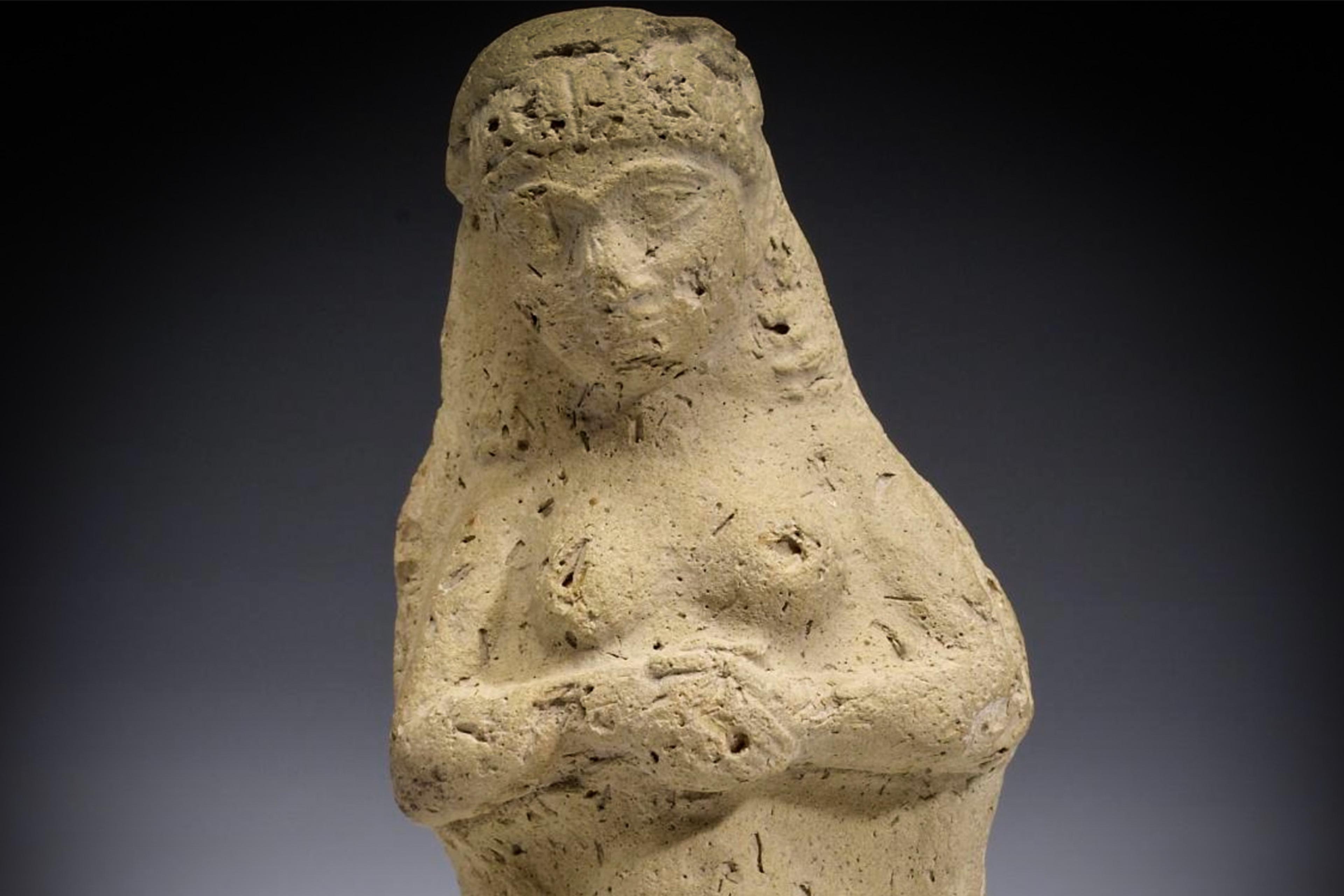
Cutting-edge computational techniques are shedding light on how the emotional experiences of past cultures compare to ours
by Juha Lahnakoski & Ellie Bennett
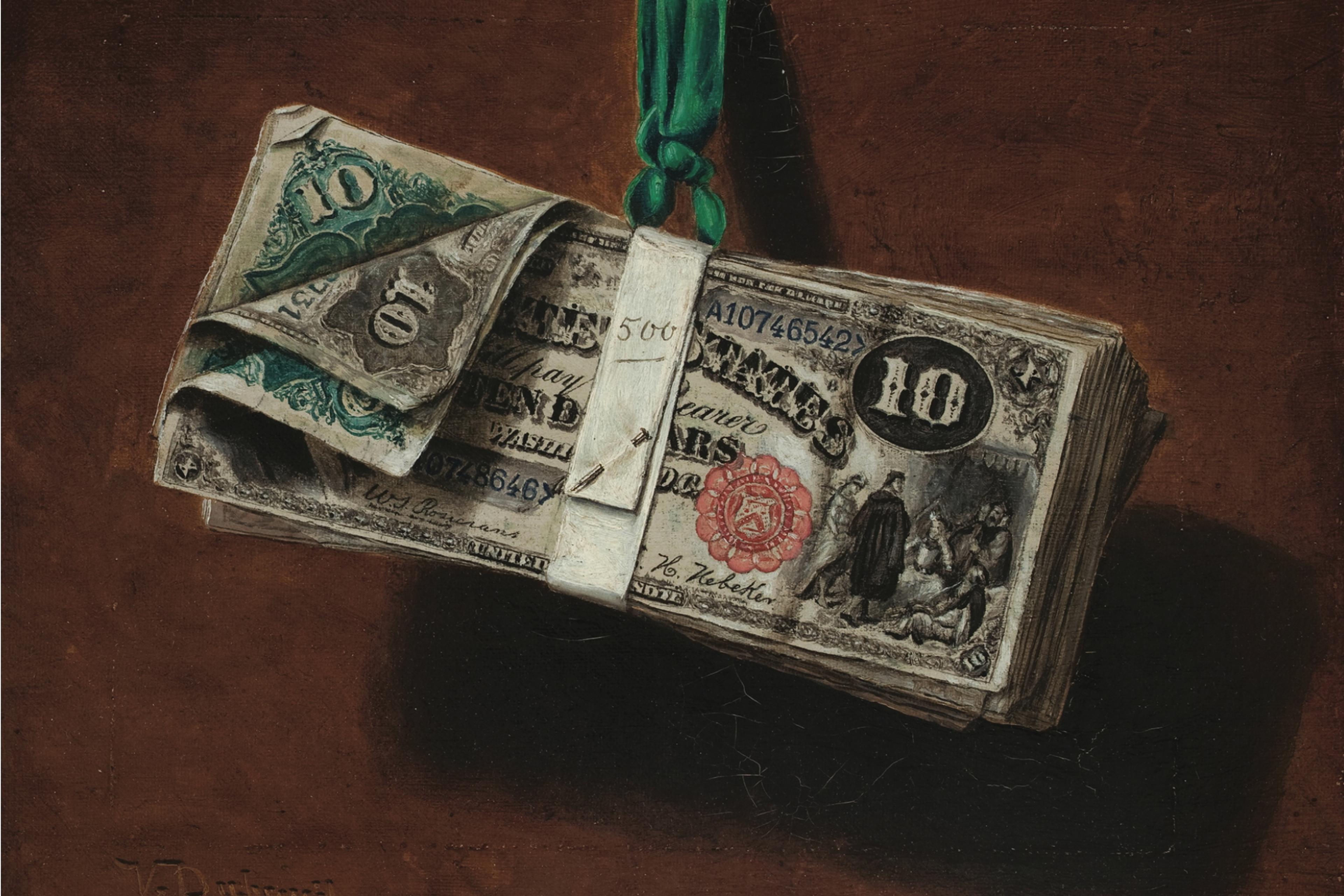
Some individuals have a persistent tendency to want ever more stuff and status. Psychologists are examining the lives they lead
by Karlijn Hoyer
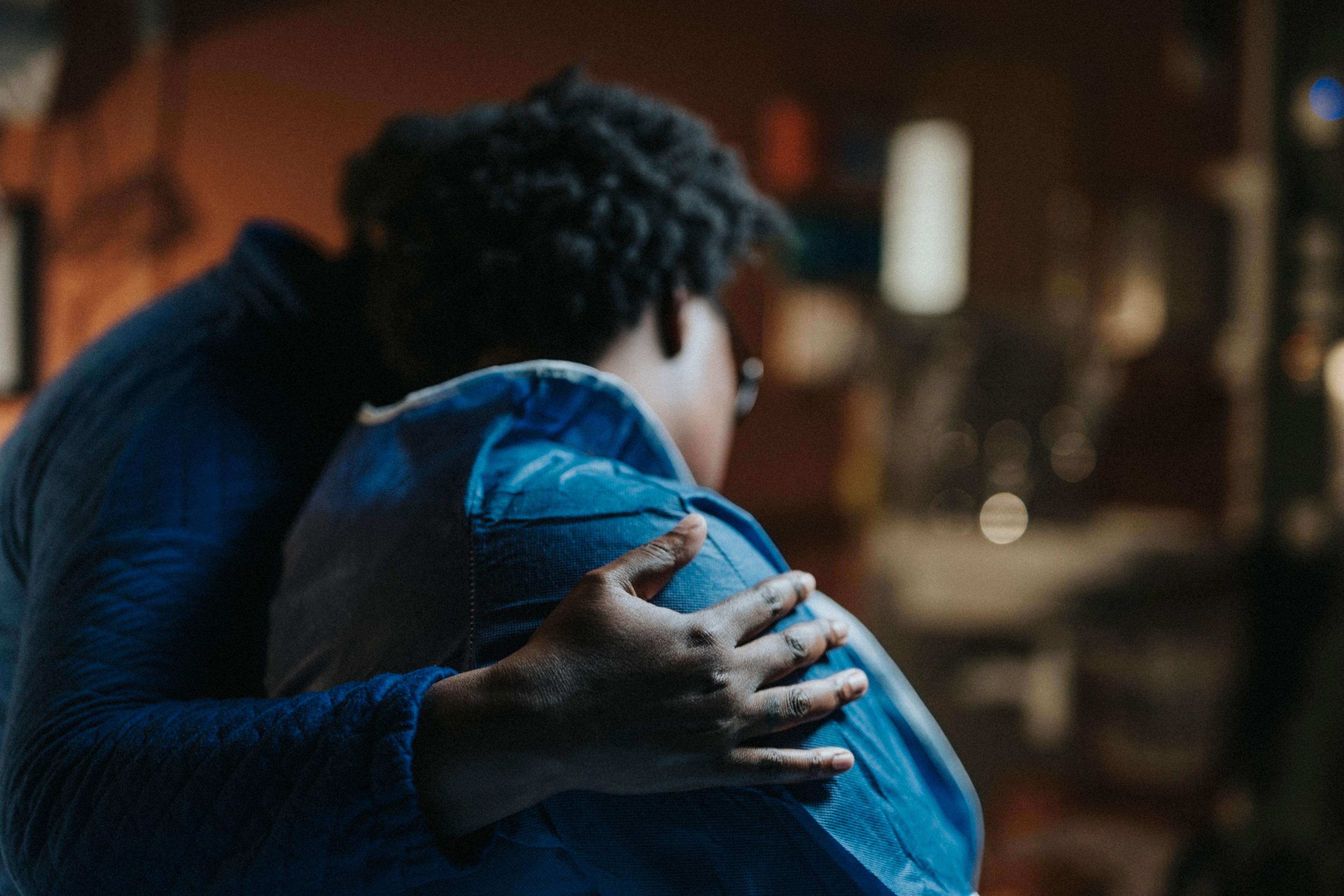
Research is revealing the mood benefits of making intuitive decisions, but some situations call for an analytical approach
by Carina Remmers

A brief history of schadenfreude – taking pleasure in the misfortune of another – from ancient China to Charlie Chaplin
by David P Barash
